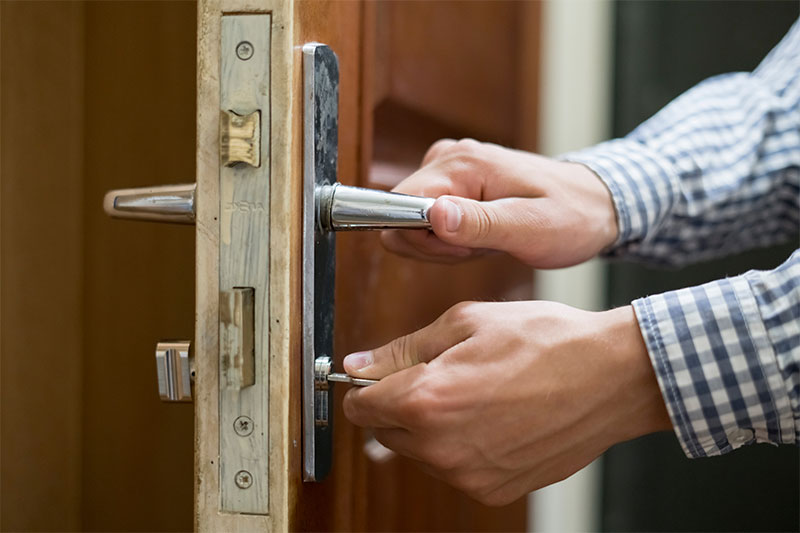You can relate very well how you leave your house to run an errand, and as you pull away from your driveway, the one thought that comes up is whether or not you locked the door. Did you lock the door as you were leaving the house to run your errand? You don’t know. So you will pull back onto the driveway and park your car. Then you will go to your door to see if you locked it, and you see that you did then you can go and carry on with going to take care of running that errand.
And sometimes this thought crosses your mind when you are already driving on the road. That means you end up turning around to go back to your home to see if you had locked the door. After each time you see you have locked the door, you then kick yourself for not trusting yourself that you did because all you did was waste time by having to go back to check. This type of scenario happens to everyone!

Why Do You Not Remember Locking The Door After Leaving Your Home?
According to a study published in the Personality and Social Psychology Bulletin journal, whenever there is an intention to do something, the brain ends up creating a memory of finishing up the task that is false. That only brings on confusion after. And this type of thing happens when it comes to doing mundane things such as taking out the garbage, answering an email, or turning on the stove. And that is another scenario that brings out anxiety understandably so. Especially when it comes to not remembering if you turned off the stove! But, you always do even though you don’t remember it the same way you lock the door behind you without remembering.
When you have the intention of doing something such as filling out the form, you say you will be doing that task and you really do intend to do it. However, your mind is a powerful thing. It can trick you into combining intentions with actions. When you intend to do something, that is the thing to do before taking action. When it comes to taking action on an intention you have that is not something that you normally do, then you don’t face this problem. For instance, if you intend to write an essay you had never written before, or create a recording or a video you have not created before, and you don’t do those things daily – then you will accurately remember whether or not you do those things.
You will only run into this problem where intentions and actions are blurred together when it comes to doing the mundane things that you automatically do each day. So what happens is when you automatically lock the door, you don’t realize it and you only remember yourself having the intention to lock it. On the flip side, if you intended to fill that form and you never got around to it, you may falsely remember that you did. Then you will genuinely think to yourself after realizing that you didn’t fill the form that you thought you had filled it.
The research conducted on this particular subject found that you will misremember doing mundane things that are extremely repetitive. The more trivial the mundane task happens to be in your everyday life, the easier it will be for you to have forgotten doing it. And locking the door, answering emails, and turning off the stove fall into that category as being highly mundane tasks.
Is There A Way For You To Remember Whether Or Not You Have Locked The Door Behind You?
The good news is, yes there is a way to remember whether or not you have locked the door or completed any mundane task. You can make a conscious effort to trace your steps each time you complete these tasks. You can log it into your memo pad on your smartphone for example. Or you can say it out loud that you are locking the door which can help you remember. If you are going out somewhere with someone, you will want to tell them to watch you lock the door so they remember you doing so just in case you forget again. When you utilize these hacks, you will be able to solve the issue of not remembering whether or not you locked the door.



